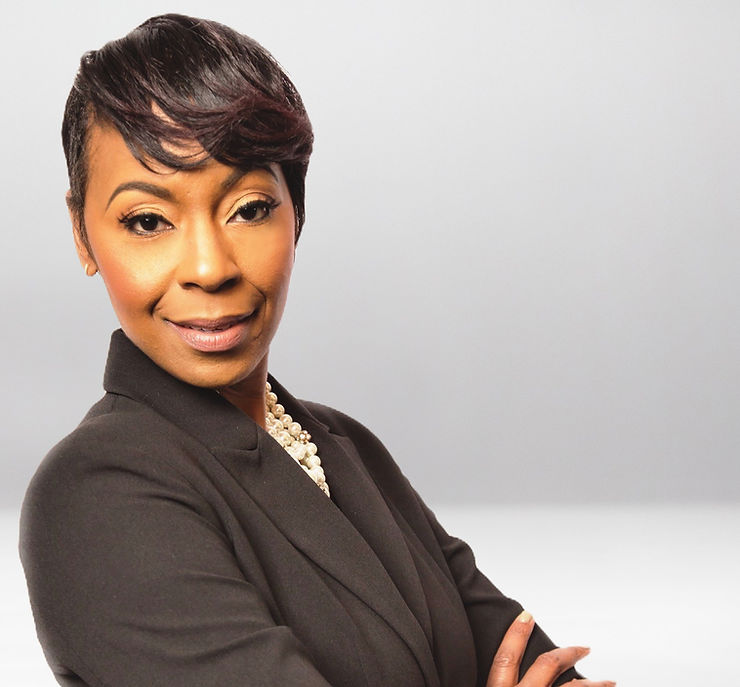
It’s important to note that for Americans over the age of 55, being without immediate family doesn’t mean they lack support. They may have developed a support system of friends, neighbors, and other people who are not related through family ties.
Sociologists call this strategy “substitution” – turning to others for the connections and sustenance that families traditionally have provided. Another term for it is a “natural” support system. I like to call this the logical family (family by choice, not by chance).
As we all prepare for aging, it is incumbent to consider the following as it relates to residential options:
- Long-term care insurance may cover costs for home care aides or help afford assisted living.
- Shared housing matches people who have unused space with people who need housing; typically, at least one party is age 60 or older. The people with extra living space typically want company, help around the house or extra income, sometimes all three.
- Co-housing is a living arrangement created by its residents so they can live together in small homes, using a common house for meals, meetings and activities as a way to foster social connection.
- The village movement, which helps seniors age in place, might similarly expand its reach of community-based, nonprofit, grassroots organizations made up of caring neighbors who want to change the paradigm of aging.
- Professional private pay home care companies like SYNERGY HomeCare can also help fill gaps not served by the “natural” network. From a few hours a week to full-time care, SYNERGY HomeCare offers a wide variety of non-medical care options, from companion care to personal care to specialized care for people with chronic health conditions or recovering from illness or surgery.
Understanding the options available is the first step. Other recommendations include:
- Finding a geriatric care practice, sometimes called a senior primary care practice. This type of medical group will not only have geriatricians – doctors specializing in the care of older adults – it will also have licensed social workers, gerontologists, community health liaisons and health care advocates all working together to connect its patients to the services they need.
- You should also seek out your local Area Agency on Aging. This agency is designated by the state to address the needs and concerns of all older persons at the regional and local levels.
- Another great resource is an elder attorney who handles a wide range of legal matters concerning older adults. These include the creation of living wills, advanced care directives and long-term care planning.
- Local home care agencies are also a great resource because of their involvement in the care continuum of older adults.
To learn more, visit www.dtconsultant.org/resources.
